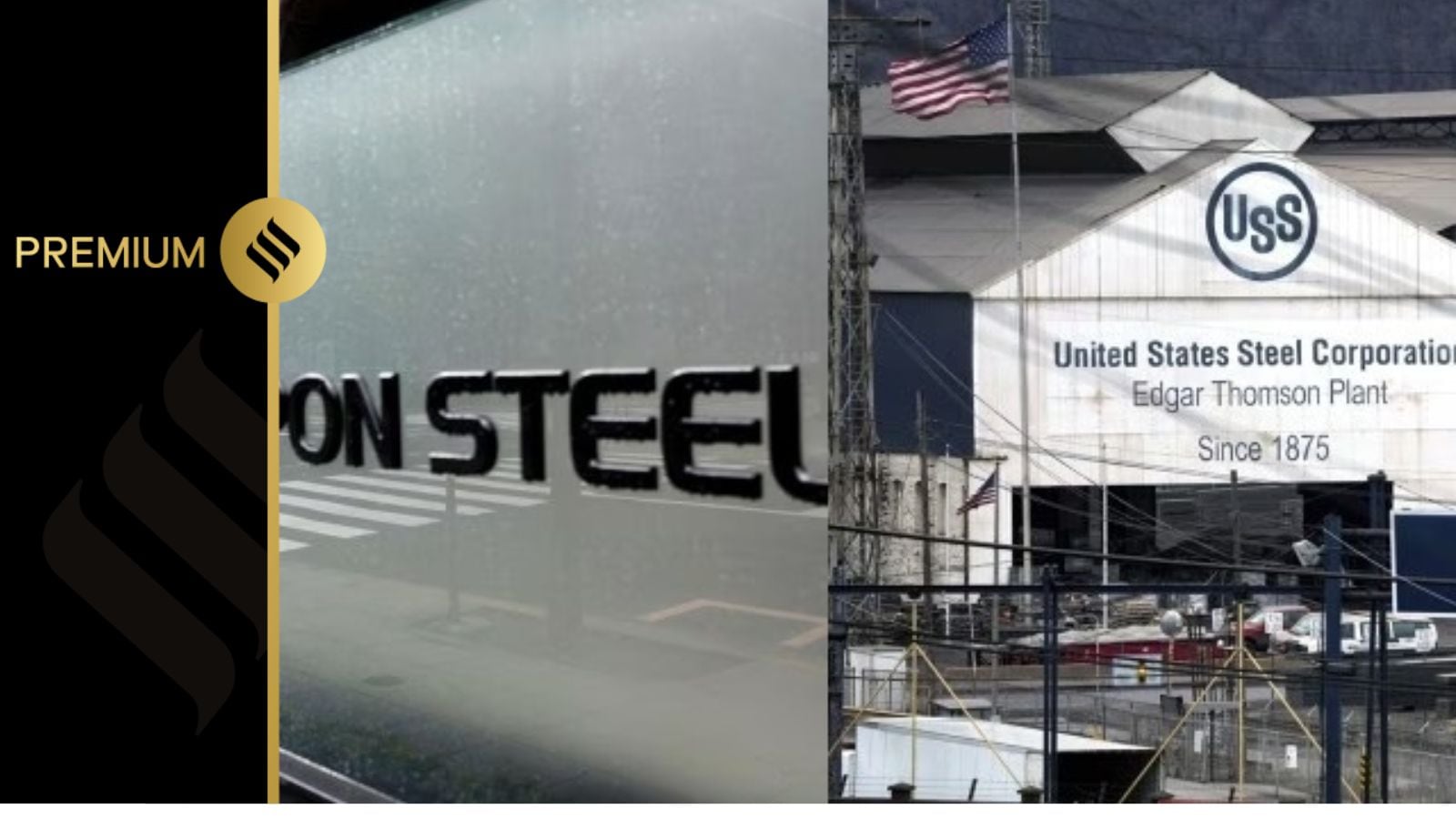Japanese steel major Nippon Steel’s plans to buy Pittsburg-based US Steel has been opposed by both Democratic and Republican lawmakers — and now by the Joe Biden Administration. The bipartisan opposition to the $14.9-bn deal would appear to contradict the foundational American commitment to free markets and unfettered enterprise.
Critics of the deal argue that the acquisition of the storied American company, floated in 1901 by J P Morgan and Andrew Carnegie that was, at its peak, one of the biggest companies in the world, could threaten US national security and impact union jobs in Pennsylvania — a key battleground state.

United Steelworkers, a powerful union that had endorsed Biden’s 2020 presidential run, has opposed the deal.
Late on Thursday, the White House said the proposed acquisition of US Steel by a foreign entity “deserve(s) serious scrutiny in terms of its potential impact on national security and supply chain reliability”.
Short-sighted objections
There are multiple issues here.
One, Nippon Steel is the largest steelmaker in Japan, one of Washington’s closest allies — an alliance the State Department describes as “the cornerstone of US security interests in Asia and…fundamental to regional stability and prosperity”.
The alliance, according to the US, is based on “shared vital interests and values, including the maintenance of stability in the Indo-Pacific region, the preservation and promotion of political and economic freedoms…”
The argument for the US national security imperative, therefore, seems difficult to swallow.
Story continues below this ad
Two, Nippon Steel, the world’s fourth largest steelmaker, is well-capitalised and could bring more stability to US Steel’s operations. The acquisition would put the combined entity among the top three steel producers in the world, and create one of the biggest steel companies outside China — thereby restoring some of the iconic American company’s past glory, and advance Washington’s renewed manufacturing push.
Third, this is not a hostile takeover. US Steel has been looking for a buyer since August, when it turned down an unsolicited bid from an American rival.
Four, the terms of the deal, which is pending approval in an upcoming vote by US Steel shareholders, seem reasonable. Nippon Steel would pay $55 per share, which is a 40% premium excluding assumed debt. Also, US Steel will keep its headquarters in Pittsburgh, and will retain its name.
Finally, Nippon Steel is not new to America — it has been operating in that country for four decades, starting with a joint venture project with Wheeling-Pittsburgh Steel in West Virginia.
Story continues below this ad
Roadmap, hurdles ahead
The influential United Steelworkers, which was instrumental in getting President Donald Trump to slap duties on steel imports during his term in office, has called the deal “shortsighted”, and said it would work to block the takeover.
Union president David McCall said in a statement that the union had remained open to working with US Steel to keep the company domestically owned and operated, but US Steel had instead chosen to “push aside the concerns of its dedicated workforce and sell to a foreign-owned company”.
Neither US Steel nor Nippon had consulted the union, “which is in itself a violation of our partnership agreement”, McCall said.
There are regulatory hurdles as well. A group of Republican Senators had written to Treasury Secretary Janet Yellen after the deal was announced, arguing that the Committee on Foreign Investment in the United States (CFIUS) — an inter-agency panel chaired by the Treasury Secretary with power to block acquisitions of US companies by foreign firms if the deal posed a threat to American national security — should block the transaction.
Story continues below this ad
Lael Brainard, director of the National Economic Council, which is part of the President’s Executive Office, said the deal looked “like the type of transaction” that CFIUS is set up to investigate, and that the administration “will be ready to look carefully at the findings of any such investigation and to act if appropriate”.
Reuters, quoting traders, however reported that CFIUS would find it challenging to block the deal given that Nippon is from Japan, a US ally with a history of having invested in North America.
The deal also needs to meet shareholders’ approval — which may not be a big problem.
Shares of US Steel surged after the announcement on Monday, while Nippon’s fell on concerns that the company had overpaid to acquire a company that has long been seen as underperforming. US Steel employs more than 20,000 people globally, including more than 14,000 in the US.








































